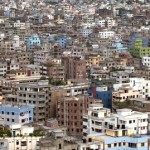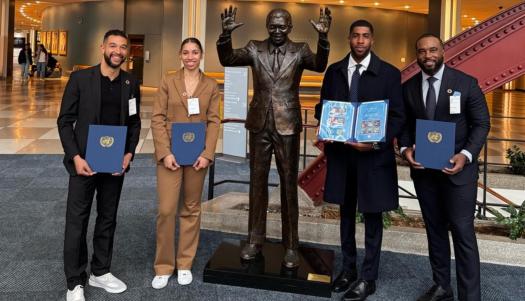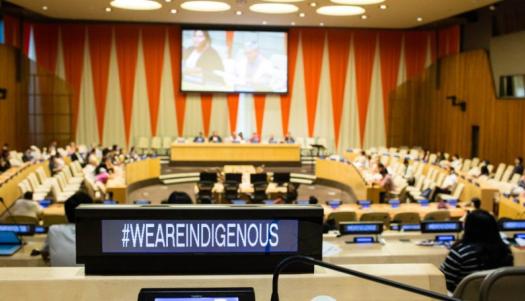
 All over the world, countries are facing rapid urbanization. The proportion of the world’s urban population is expected to increase to approximately 57 per cent of the world’s population by 2050.2 Of the projected increase, 90 % will come from Africa and Asia.3 Urbanization as a global phenomenon will directly affect the lives of the world’s over 1 billion or 15-20% of the world’s population who live with disabilities. Unfortunately, many countries face real and formidable challenges in urban planning, often due to capacity constraints, lack of municipal resources and competing priorities. Il lplanned urbanization has in many cases present significant challenges, and has put pressure on the equitable provision of quality public services and insufficient and inaccessible infrastructure, inadequate design of housing and public buildings, and limited access to accessible and affordable public transport. These barriers have contributed to growing inequalities and exclusion of persons with disabilities and other marginalised groups. Making cities and towns accessible to and inclusive for all people, including persons with disabilities, is essential for sustainable urban development and also a human rights imperative.
All over the world, countries are facing rapid urbanization. The proportion of the world’s urban population is expected to increase to approximately 57 per cent of the world’s population by 2050.2 Of the projected increase, 90 % will come from Africa and Asia.3 Urbanization as a global phenomenon will directly affect the lives of the world’s over 1 billion or 15-20% of the world’s population who live with disabilities. Unfortunately, many countries face real and formidable challenges in urban planning, often due to capacity constraints, lack of municipal resources and competing priorities. Il lplanned urbanization has in many cases present significant challenges, and has put pressure on the equitable provision of quality public services and insufficient and inaccessible infrastructure, inadequate design of housing and public buildings, and limited access to accessible and affordable public transport. These barriers have contributed to growing inequalities and exclusion of persons with disabilities and other marginalised groups. Making cities and towns accessible to and inclusive for all people, including persons with disabilities, is essential for sustainable urban development and also a human rights imperative.
Advancing accessible and disability inclusive urban development
The international community, in the Outcome Document of the UN High Level Meeting on Disability and Development, reaffirmed its commitment to advancing a disability-inclusive development agenda, emphasising among other issues, the importance of accessibility and inclusion for persons with disabilities in the urban development context.5 As the UN is presently discussing the post-2015 sustainable development agenda, it is important to emphasise the need for cities and human settlements to be inclusive, safe and sustainable. This political commitment also needs to be translated into actions and measures to ensure universal access to safe, inclusive and accessible public spaces, to adequate and affordable housing, urban and peri-urban transport and basic services for all urban dwellers, whether or not they have a disability.
 Welcome to the United Nations
Welcome to the United Nations


